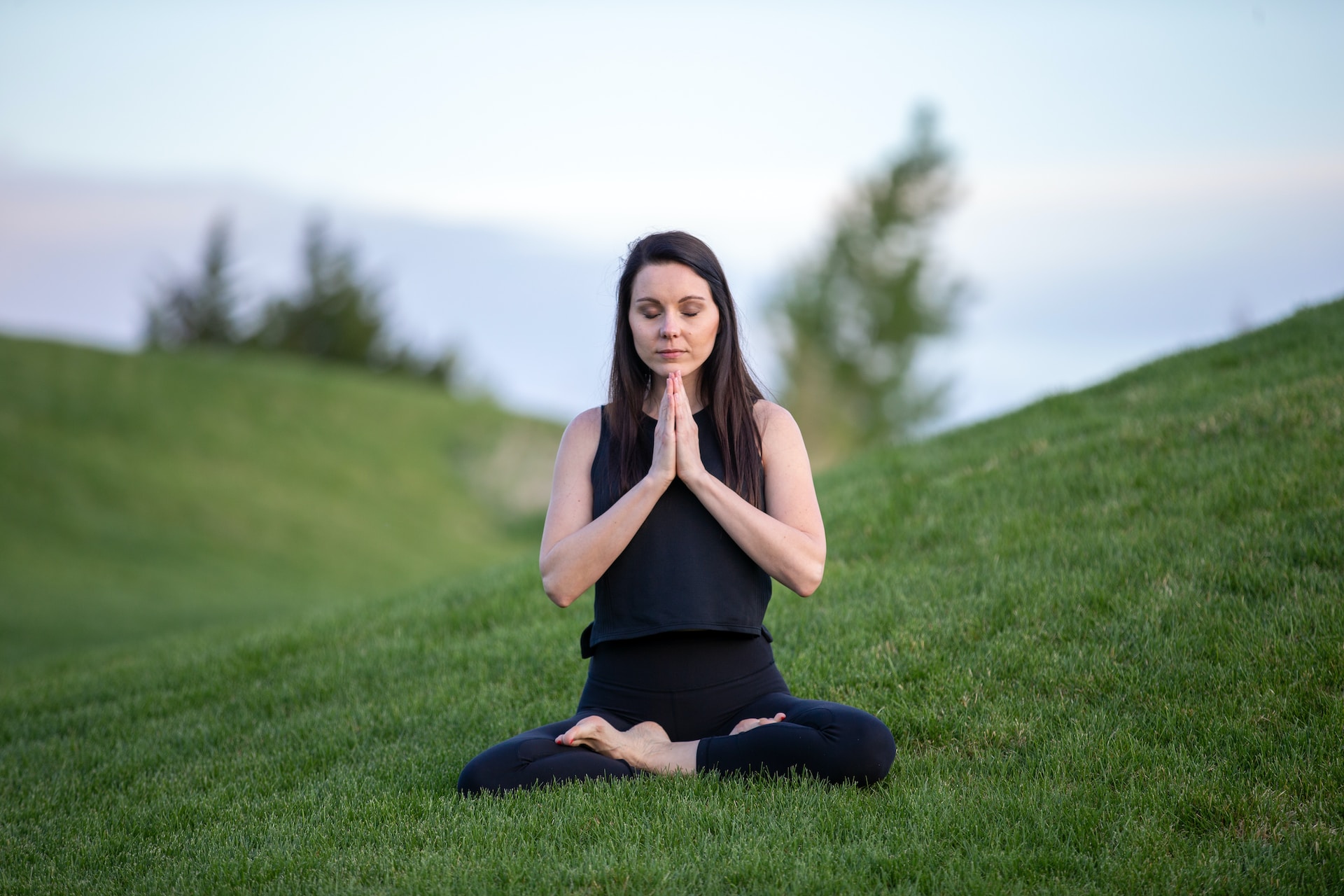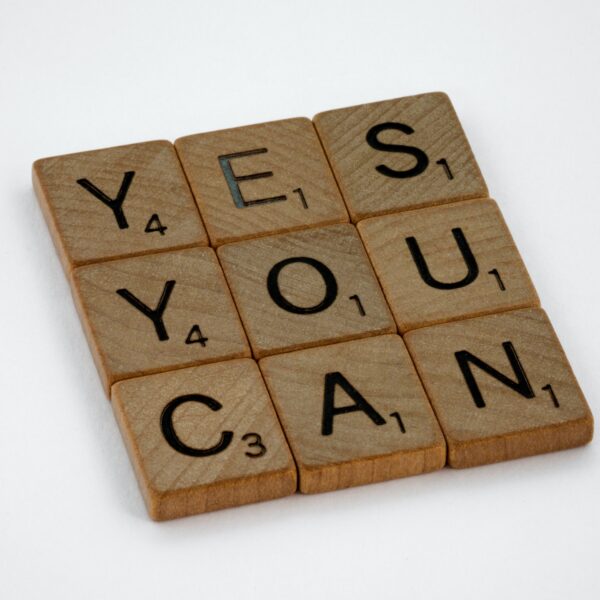We live in the digital age, where our lives are consumed by screens. Our days start with a quick glance at our phones and end scrolling through social media before bed. With technology so readily available, it can be easy to get caught up in the hustle and bustle of everyday life without taking time for self-care. Unplugging these devices is essential for recharging your mind and improving mental health. In this article, you will learn why reducing screen time is important as well as tips on how to unplug more effectively.
Technology has become an integral part of modern society, allowing us to stay connected with friends, family, work tasks, entertainment—and even ourselves! But while technology helps make life easier in many ways, too much screen time can have negative consequences on mental wellness such as stress, anxiety, and depression. Therefore, it’s important that we take breaks from all electronic devices every now and then to allow ourselves some restorative downtime.
Unplugging doesn’t mean turning off all electronics forever; rather, it means being mindful about when we use them and setting limits for ourselves so that we don’t become overwhelmed or overstimulated. By learning how to reduce our overall screen time and prioritize self-care activities like exercise or nature walks instead of constantly checking emails or browsing the internet, we can reset our minds and recharge our energy levels. This article provides useful tips on how to create healthy boundaries around technology usage so you can reap the benefits of unplugging while still enjoying its conveniences safely and responsibly.
Setting Boundaries: Tips for Reducing Screen Time
It’s no secret that screen time is on the rise. In a world where everything from shopping for groceries to meeting up with friends has shifted online, it can be hard to step away and unplug. But digital detoxing is an important part of self-care. Here are some tips for reducing your screen time and taking care of yourself in the process.
Setting boundaries starts with understanding how much you’re using screens each day. Take stock of the apps and websites you use most often, then set aside specific times when you’ll limit or avoid them completely. This could mean refraining from checking social media until after dinner or turning off all notifications so you aren’t constantly bombarded by alerts throughout the day. It might also involve digitally disconnecting during certain activities like mealtime or bedtime, setting a “screen curfew” at night, and carving out blocks of non-digital downtime every day.
Another way to reduce screen time is to replace it with other activities that give your mind a break – things like reading books, listening to music, going outside for walks, playing board games with family members – anything that allows you to relax and recharge without having to look at a device. You may also want to find ways to stay connected without relying so heavily on technology; try scheduling regular phone calls instead of texting back and forth all day long!
Making small changes over time will help create lasting habits which make it easier to practice digital detoxing as part of your overall self-care routine. With mindful effort and dedication, soon enough you’ll feel more relaxed and reenergized than ever before!
Engaging In Offline Hobbies: Tips for Finding Joy Outside of Technology
In addition to setting boundaries for yourself, it’s also important to engage in offline hobbies that bring joy and relaxation. Deep breathing exercises are a great way to start—they provide an immediate sense of calm and help counteract stress from too much screen time. Celebrating victories—even small ones—is another powerful tool for reducing stress; writing down your accomplishments or giving yourself positive affirmations can give you the boost you need when feeling overwhelmed by technology.
Physical activity such as stretching or yoga can also be beneficial for relieving muscle tension caused by sitting in front of a device all day. And if there’s something on your list you’ve been wanting to do but haven’t had the chance yet, make it happen! Investing time into activities that don’t involve screens will fill up your schedule with more meaningful experiences and help keep tech-related distractions at bay.
Taking the steps outlined above may seem daunting at first, but once you find the right routine that works best for you, unplugging won’t feel like such a chore anymore! Not only will this simple habit improve your mental well-being, but it can also free up extra time and energy so that you can focus on other areas of life without worrying about what’s happening online.

Mindfulness: Techniques for Being Present and Reducing Stress
People often turn to their phones or tablets to distract them from the stresses they face each day. But screentime doesn’t solve the problems they face. In fact, more screentime may have a negative effect on mental health.
When it comes to reducing stress and improving mental health, mindfulness is a powerful tool. Mindfulness techniques involve being present and focusing on activities that bring joy and peace of mind. One simple exercise for practising mindfulness is mindful breathing—close your eyes and focus entirely on your breath as it moves through your body. This can help clear away any worries or negative thoughts that might be getting in the way of feeling relaxed.
Another great technique for relieving stress is meditation, which involves sitting quietly with yourself while allowing all thoughts to pass without judgment or attachment. Meditation can also provide insight into how you’re feeling emotionally, helping you process emotions more effectively so they don’t build up over time.
In addition to these relaxation exercises, taking regular breaks throughout the day where you unplug from technology provides an opportunity to check in with yourself and assess how you’re feeling mentally and physically. Doing this consistently will give you a better understanding of what works best for alleviating stress and promoting good mental health.
Hot Tub Therapy: The Benefits of Hydrotherapy for Relaxation and Stress Relief
After a stressful day, look for other ways to relax, instead of flopping on the couch and turning on the TV. Developing healthy habits for stress relief is crucial for long-term mental health. Hot tub therapy is a highly effective method for reducing tension and anxiety. Small 2 person hot tubs are an excellent option for couples who want to relax together. For centuries, people have used hydrotherapy to calm the body and mind. Hot tub therapy can soothe muscle tension and promote overall relaxation, making it a great way to alleviate stress in the short and long term.
Soaking in the warm water of a hot tub can help your muscles relax naturally, releasing built-up muscle and emotional tension. The increased blood flow also transports oxygen and nutrients to all cells in your body. The weightless environment of a hot tub can relieve joint pain, making it easier to move around without discomfort. Additionally, soaking in a hot tub encourages deep breathing, which can bring your focus back to the present moment and reduce racing thoughts associated with anxiety.
Overall, hot tubs offer an ideal environment for self-care and achieving inner peace. If you’re looking for a way to reduce stress and relax with your partner, consider the benefits of hot tub therapy.
Creating Healthy Habits: Tips for Long-Term Screen Time Reduction
As technology continues to dominate our lives, it’s essential that we learn how to unplug and take some time away from screens. Not only is this important for physical health but mental well-being too. While hot tub therapy can be a great way to relax and de-stress, there are also other methods of self-care that involve reducing screen time. Here are some tips for creating healthy habits that will help you reduce your reliance on electronics in the long term:
Start small by setting yourself short-term goals, like cutting down 10 minutes at a time. This approach makes it easier to break bad habits gradually so you don’t feel overwhelmed or guilty about making changes. Once you have achieved these initial targets, set longer-term goals such as having no more than an hour of screen time each day.
In addition, make sure you find meaningful activities that don’t require using digital devices. Whether it’s reading a book, going for a walk, or doing something creative, incorporating these activities into your daily routine can help replace old patterns with healthier ones. For one, according to this dentist, who does one of the best dental implants in Delray Beach FL, maybe it’s the best time to visit your doctor and get a health checkup. It’s also worth noting that when spending time outdoors we get natural endorphins which further aid in releasing muscle tension and calming our minds.
By committing to unplugging regularly and engaging in positive activities away from electronic devices, not only will you be able to give yourself permission to disconnect but also begin forming new habits that promote mindful living and overall well-being.
Conclusion
Unplugging is a great way to reduce stress and recharge your mind. Setting boundaries, engaging in offline hobbies, practising mindfulness, enjoying hot tub therapy, and creating healthy habits are all effective ways of reducing screen time and improving well-being. It can be difficult at first, but the rewards that come from unplugging make it well worth the effort.
By taking regular breaks from technology, you can create space for yourself to relax and reconnect with yourself on a deeper level. This will provide an opportunity for reflection and healing as you rediscover what brings joy into your life away from screens. Unplugging does not have to mean completely disconnecting from the world around us; instead, we should strive to find a balance between our digital lives and our physical ones.
Ultimately, unplugging for self-care is about understanding how much tech usage works best for you so that you can get back in touch with who you really are outside of technology. By doing this, we give ourselves permission to relax, re-energize, and feel more connected to ourselves than ever before—which ultimately leads to a healthier lifestyle overall!
Image Credits: Gilles Lambert, Benjamin Child




Like this article? Share with your friends!